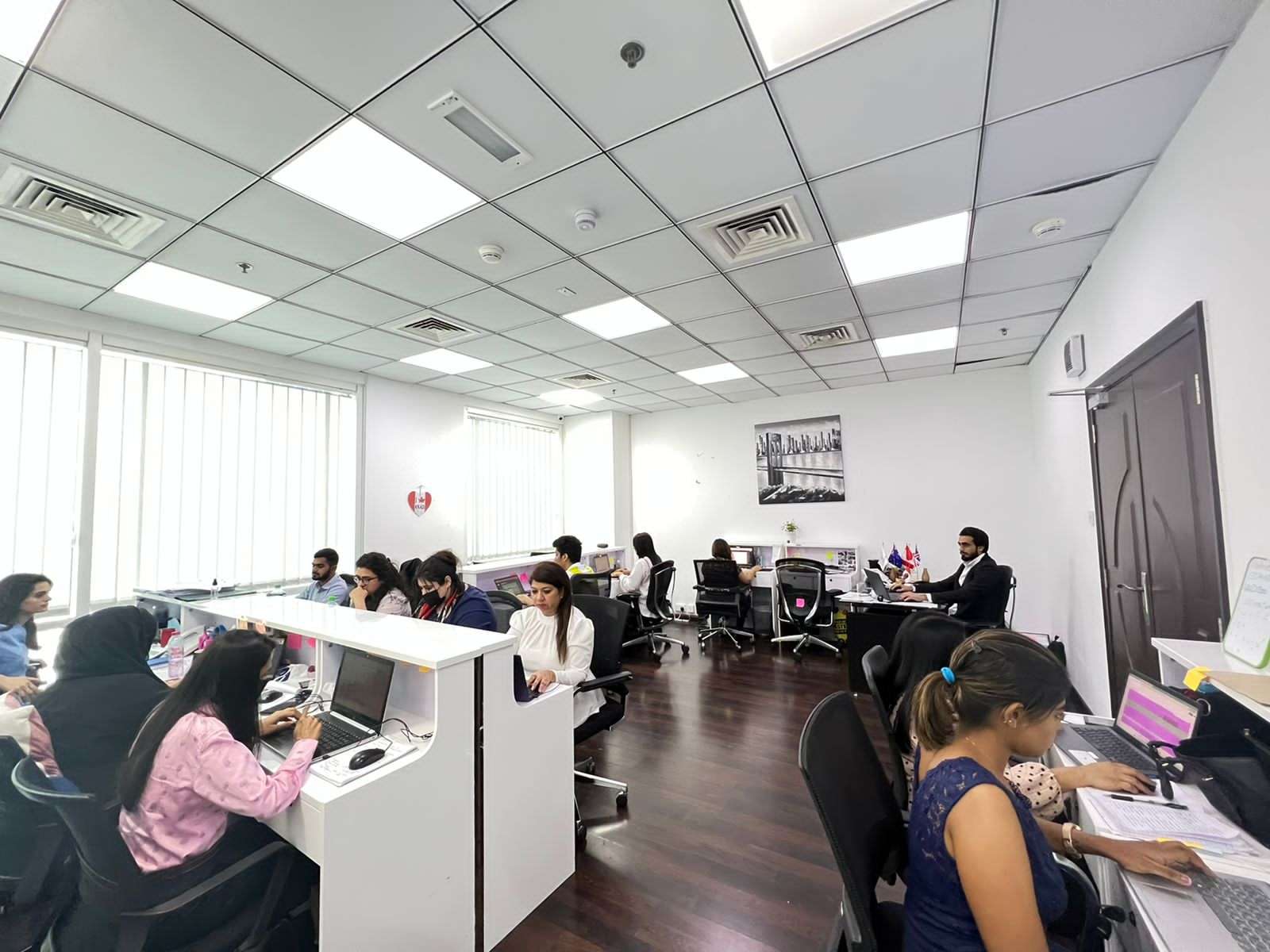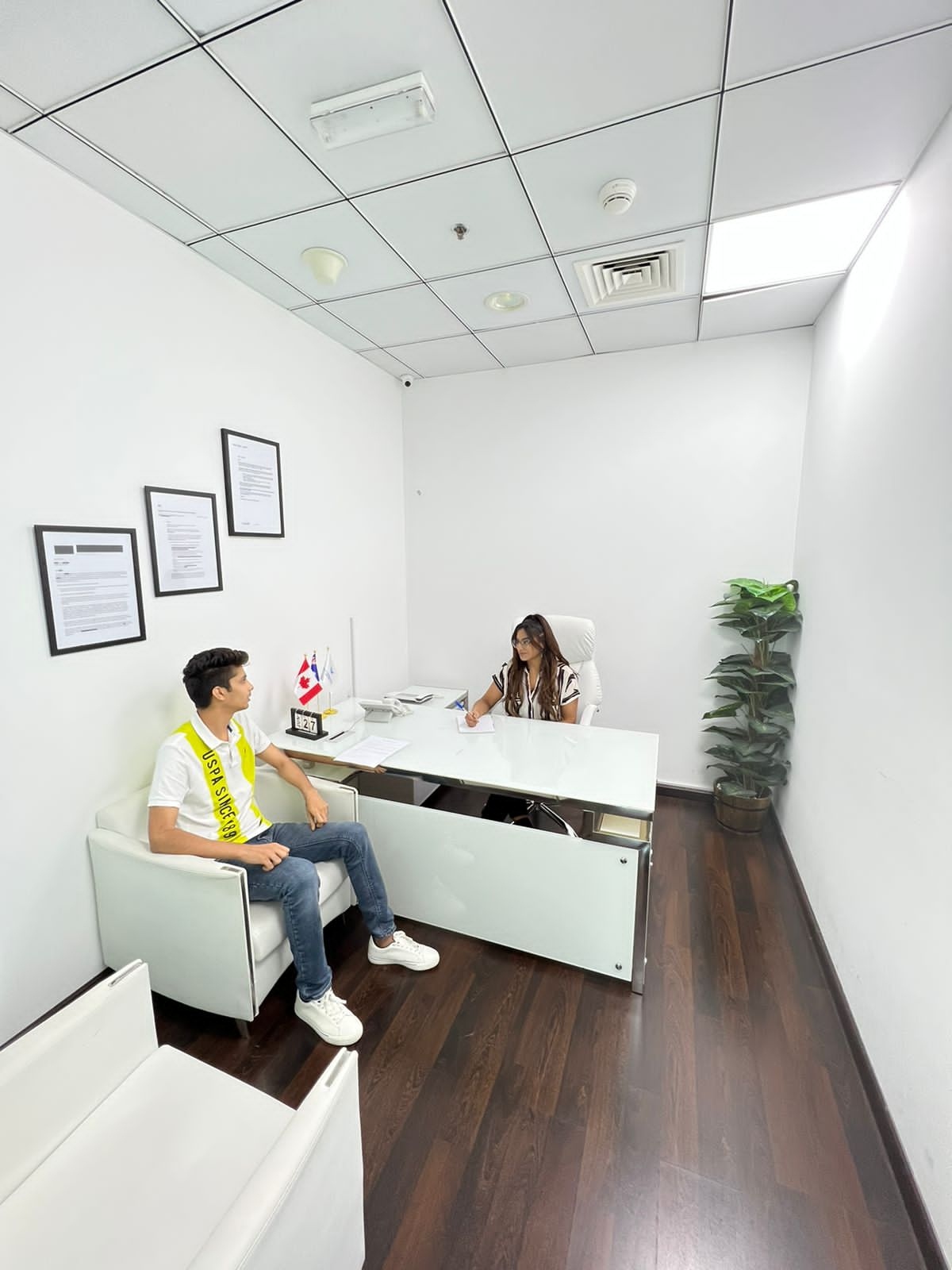The procedure of requesting a student visa might already be challenging. You’ve already been accepted to a university at this stage. The last thing you would want is to have your application for a UK student visa rejected, which would delay the start of your study abroad experience. Always strive to ensure that every detail is taken care of in order for your application to be accepted the first time. If it doesn’t, you need to pinpoint the issue so you can act appropriately. Examine the most typical causes of UK student visa denials so you can prevent them.
In this article, we will uncover the reasons why you may get a visa rejection and some important ways to avoid getting rejected.
Common Reasons for UK Student Visa Rejection
-
Insufficient funds
This is the most frequent justification for denial of a UK student visa. You must demonstrate that you have the money to pay for your studies and your stay in the UK in order to apply for a student visa. This helps UK Visas and Immigration (UKVI) determine if you meet their criteria for a “genuine student” in part.
The required amounts must remain in your account for a full 28 days in order for your application to be approved. The money can’t fall below the amount you need to have inside these days. Your Confirmation of Acceptance for Studies (CAS) letter from your university includes the tuition fee amount for one academic year. You also need to be able to pay for the cost of living in the UK in addition to this sum.
You will require £1,334 per month for up to nine months of education in London. Additionally, for up to nine months while you are studying outside of London, you need to have £1,023.
Your application for a UK student visa will be denied if you don’t fulfil any of the aforementioned requirements. Additionally, keep in mind that your financial records must be current within 31 days of your visa application. Your application won’t be accepted if the supporting documents are more than 31 days old. Your application is also improper if the statements come from a relative’s or someone else’s account who isn’t your parent or legal guardian.
-
Low credibility interview
Unsatisfactory credibility interviews are another reason that UK student visa applications are frequently denied. This is a UKVI interview to ascertain whether you are a “genuine student.”
Among the questions you may be asked during the interview are:
- History of international travel
- Academic background and specific study intentions (e.g., what programme or courses you’re enrolling in and why you want to study these disciplines)
- Plans for thereafter
- Financial and personal situation
- Why did you decide to study abroad in the UK?
- Justifications for picking the school you applied to
Both an audio and a video recording of your interview will be made. Officers of immigration analyse the written record of this interview along with any supporting documentation.
The UKVI assesses whether your plans to study in the UK are sincere based on your responses. It’s a warning sign that you didn’t do enough research before choosing to study abroad in the UK if you are unable to answer inquiries regarding your programme or institution in detail.
Being unable to respond to inquiries regarding your financial situation, including how much your degree will cost, and the financial information of your sponsor, including their income and the minimum amount you must have in your bank account to be granted a visa, is also cause for concern. Conversely, discussing post-study plans that don’t involve going back to your native country could suggest that you have longer-term ambitions for living in the UK.
-
Missing documents
The absence of required papers may also be a factor in the rejection of a UK student visa. If you’re under 18, you might not have all the required documentation, such as a letter of consent from your parents. You could be required to submit paperwork for some candidates, such as an ATAS certificate or the results of a tuberculosis test. You risk having your UK student visa denied if you send copies of documents that call for the originals.
Make sure you’ve done all the necessary homework as you get ready to apply for your visa. To keep track of every aspect of your application, create a checklist.
-
No response to calls or emails
To follow up on your application, the Home Office might try to contact you. You might need to get your supporting documentation verified or go through an interview. Your application won’t be accepted if you don’t return calls and emails.
-
Depleted academic score
For people applying to the top universities in the UK, the requirements for a list of academic accomplishments are a major source of concern. Due to the strict requirements, many students are unable to meet the high academic standards that the institutions uphold.
When they cannot satisfy these requirements, their UK student visas are revoked. if the government issuing the visa thinks the student won’t be able to handle the country’s educational system as a whole or will encounter language difficulties. Consequently, this could potentially be a ground for refusing a UK student visa.
-
Inaccurate information
Financial constraints are among the most frequent causes of UK student visa denials. If you plan to study abroad, you must have a minimum balance that will cover your tuition and living expenses for a year or the complete course term (whichever is longer).
The law also requires that there be money in the bank account you will be using to connect the information’s data that is at least 28 days old. Due to inconsequential issues that can be avoided with a little awareness, students frequently have their UK immigration applications refused.
-
Lack of interview skills
An extensive evaluation of the granting of a UK student visa is part of the student interview procedure. Many students run the danger of having their visa applications denied if they are unprepared or deliver hesitant answers.
Additionally, you can have less possibilities to apply if you lose a lot of interviews. To prevent any difficulties, you must be prepared with all the necessary information for the student visa interview. The fundamental questions an interviewer could ask are:
- Understanding of the country, state, and city
- Details about the university you attend
- Study techniques
- A review of the earlier Basic information on studying abroad.
-
Gap years
As much as we’d like to believe it, taking a vacation during your gap years is excellent for your mental health and will motivate you to do better. It is moreover one of the frequent grounds for denial of a UK student visa. Some students also take a break from school if their mental or physical health is poor or if they find it difficult to concentrate on their studies. An interviewer can ponder whether the same thing would occur if you moved abroad in the wake of such instances.
When dealing with gap years, you should always decide to give a justification for your actions in order to avoid such frequent justifications for visa denial. Were there any personal or professional factors? A relevant internship or other educational experience might be used to establish your work history.
Conclusion
If you are worried that your UK student visa may be rejected over any of the issues mentioned above, its best to get in touch with Gulf Migrates. Our consultants will guide you and help throughout the visa process for the clients. To avoid your visa rejection we keep you updated and make sure all documents are taken care of. You can have a personal meeting or an on-call discussion for the interview preparation as well!










